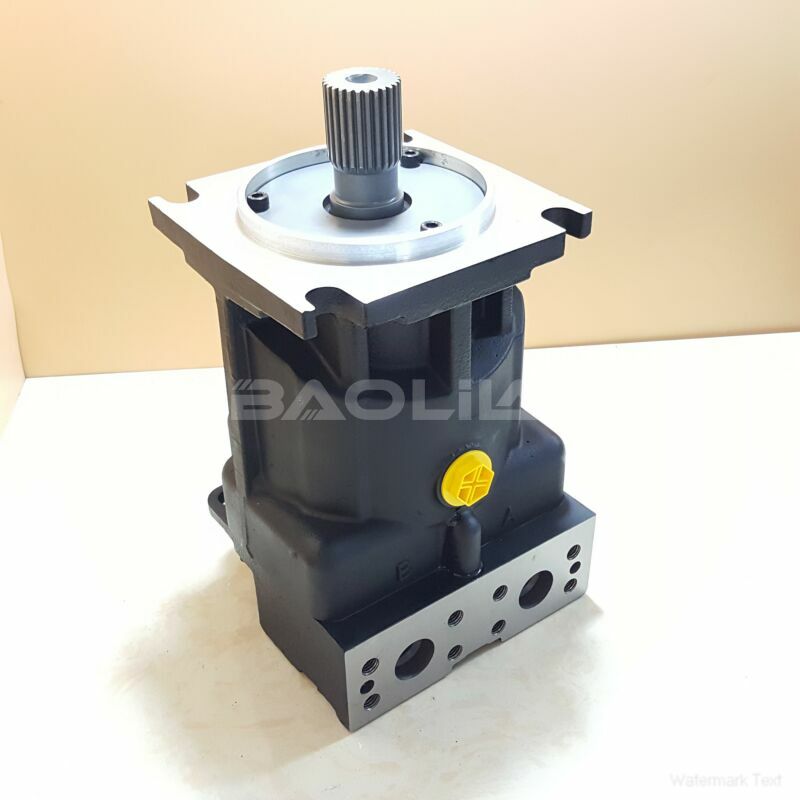90M100NC0N8N0T2W00NNN0000F0 piston motor
90M100NC0N8N0T2W00NNN0000F0 piston motor

- Product Details
- Applicable Scene
In the world of piston engines, the fuel pump plays a critical role in ensuring optimal performance and efficiency. This often-overlooked component is vital for delivering the right amount of fuel to the engine at the appropriate pressure, enabling proper combustion. Understanding the importance of a properly functioning fuel pump can provide insights into engine performance, longevity, and overall vehicle reliability.
90-M-100-NC-0-N-8-N-0-T2-W-00-NNN-00-00-F0
90M100NC0N8N0T2W00NNN0000F0
At its core, the fuel pump is responsible for transferring fuel from the tank to the engine. In most piston engines, fuel is injected directly into the combustion chamber or mixed with air in the intake manifold, where it is ignited. Without a functioning fuel pump, the engine would not receive the necessary fuel, leading to poor performance, misfires, and ultimately, failure to start.

83022990
One of the key reasons a properly functioning fuel pump is crucial is that it ensures the correct fuel pressure. Each engine has a specific fuel pressure requirement that must be maintained for optimal operation. If the fuel pump fails or becomes inefficient, it can cause the fuel pressure to drop, leading to an inadequate fuel supply. This can result in symptoms such as reduced power, increased emissions, and increased fuel consumption as the engine struggles to compensate for the lack of fuel.
Moreover, a failing fuel pump can impact the engine’s fuel efficiency. An engine that does not receive the right amount of fuel may run rich or lean, both of which can lead to inefficient combustion. A rich mixture can waste fuel, while a lean mixture can cause engine knock and damage over time. Regular maintenance and timely replacement of a malfunctioning fuel pump are therefore essential to maintain fuel efficiency and prevent costly repairs.





